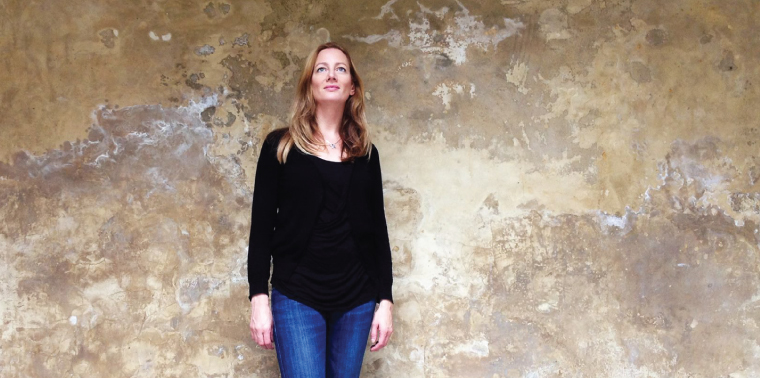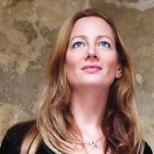July 17, 2013 — With an official title of “wavemaker,” it’s not surprising that Femke Groothuis, president of the Netherlands-based Ex’tax Project, spends her time advocating for change. What might be surprising is her specific focus: taxation. A political scientist with expertise in international relations and the environment, Groothuis believes that many of our planet’s problems are due to the fact that natural resources are overused while labor is underused — and that those problems can be solved by shifting taxes from labor to resources to create a circular economy. She recently spoke with Ensia and Terry Waghorn of Forbes on how a fundamental change in taxation could help shape a better world.



I assume you are referring to replacing or redirecting value-added taxes (which we do not have in the U.S.) to just the material side rather than the material and labor side? Or are there other labor taxes you are referring to? A question I would have is how would you handle sustainable materials? There is plenty of evidence that shows the more you use sustainable materials the more you have. In North America, for example, wood is the number one material and we still have 2 billion acres of forestland and that area has been stable for many years despite a doubling in the volume of wood consumed. The goal to protecting and increasing most diverse ecosystems (e.g. forests) is generally to make them more valuable - for as many goods (e.g. wood, mushrooms) and services (e.g. tourism) as possible - in order to increase the benefits of having the land remain in that use. So are you imagining that the taxation of resources would be for finite materials only?
But have you considered taxing the biggest natural resource of all - our land? The land surface of our planet? Not created by landowners.
In city centres the land values are astronomical but landowners don't create the land value. We all create land value by our daily economic activities.
Henry George wrote "Progress and Poverty" to highlight this idea.
See http://www.henrygeorge.org/pdfs/PandP_Drake.pdf